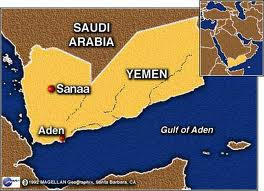 UN agency extends spotlight on urban inequity, suggesting millions of children are being eliminated from vital services. UNICEF has urged governments to put children at the heart of urban planning – and to improve services for all – since the majority of the world's children will grow up in towns or cities rather than in rural areas.
UN agency extends spotlight on urban inequity, suggesting millions of children are being eliminated from vital services. UNICEF has urged governments to put children at the heart of urban planning – and to improve services for all – since the majority of the world's children will grow up in towns or cities rather than in rural areas.In its report,
The State of the World's Children 2012: Children in an Urban World, the UN agency said
hundreds of millions of children who live in urban slums are being eliminated from vital services, from clean water to education.
Anthony Lake, UNICEF executive director said, “When many of us think of the world's poorest children, the image that comes readily to mind is that of a child going hungry in a remote rural community in sub-
Saharan Africa.
"But millions of children in cities and towns all over the world are also at risk of being left behind. Excluding these children in slums not only robs them of the chance to reach their full potential; it robs their societies of the economic benefits of having a well-educated,
healthy urban population."
By
2050, 70% of all people will live in urban areas. Already, one city dweller in three lives in slum conditions, lacking security of tenure in overcrowded, unhygienic places characterized by unemployment, pollution, traffic, crime, high living costs, poor services and competition over resources.
In Africa, the percentage is six in 10.





